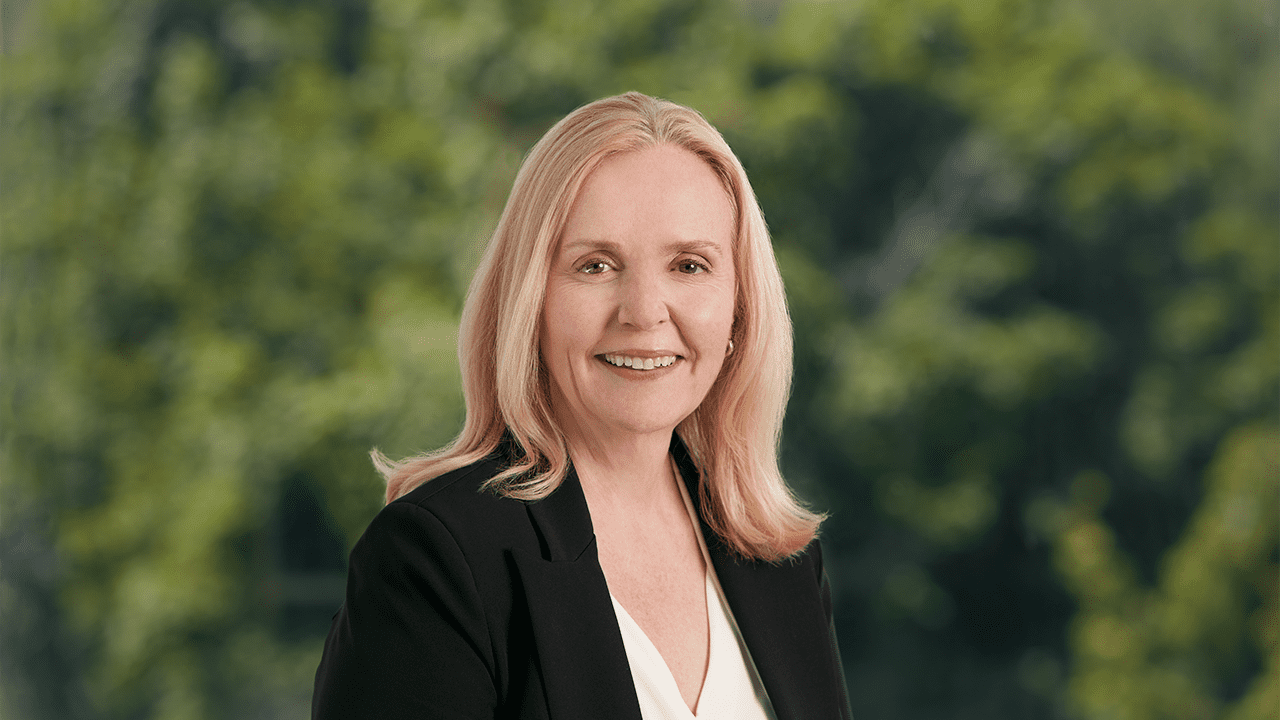
The development of the electricity system in Canada relies on lands and resources to which Indigenous nations are rights-holders. As the required build-out of electricity infrastructure unfolds, Indigenous nations in Canada—already the third largest collective owners of clean energy assets across the country, after governments and utilities —expect to be full economic beneficiaries of electricity system development.
With extensive experience navigating complex challenges in Ontario’s electricity sector, Lesley Gallinger, Chief Executive Officer, Independent Electricity System Operator, is intimately familiar with the challenges facing increased electricity demand in Canada and the Indigenous relationships needed to overcome those challenges.
This April in Toronto, Ms. Gallinger will join fellow industry leaders at the 8th Annual FNMPC Conference to share insights into how valuing reconciliation is vital to Canada’s future development and growth in global markets.
In anticipation of Ms. Gallinger’s participation at the conference, Ms. Gallinger shared a few insights on how IESO and the broader electricity sector are utilizing Indigenous nations values, perspectives, and leadership to drive Canada’s success.
Question: From your perspective, how are Indigenous nations able to help organizations like yours strategize to meet the demands of a shifting market?
Indigenous nations are increasingly driving change in the electricity sector and bring valuable knowledge and leadership that is shaping our sector’s future. By participating in our planning processes, they ensure that Indigenous perspectives are considered when siting and building electricity projects. They know the land and local ecosystems best, which can contribute to the design of sustainable and environmentally responsible projects – while ensuring those projects are developed in a manner that respects Indigenous values and preserves Indigenous cultural heritage.
Indigenous nations also bring technical skills to the table to actively participate in project planning, construction, operation and maintenance. Indigenous nations are playing a key role in leading the energy transition.
Question: Given the current landscape in the electricity sector, how are the conversations/engagements evolving with respect to Indigenous partnerships in both the short and long term?
There has been significant change in recent years, and the conversation has evolved to the point where Indigenous partnerships are no longer a nice to have, they are a must have. The sector has taken action to ensure that the build out of our electricity system is done in a way that advances reconciliation, ensuring that:
- Community members have access to jobs, training and education.
- Energy projects are developed in a way that honours Indigenous rights, cultures and traditions.
- electricity sector decisions result in economic opportunities and a cleaner – more sustainable – grid.
Equity partnerships, revenue-sharing agreements and community benefit programs are becoming the norm and Indigenous nations are continuing to drive and guide the sector forward in profound ways.
A recent example is the work the IESO is doing on our Northern Ontario Connection Study, which is looking to connect Ontario’s remaining nine remote communities that currently rely on diesel generation to the provincial grid. In the past, large electricity sector decisions like this would likely have been done without Indigenous consultation and involvement, but we have been taking the necessary steps to engage the impacted communities and gather their feedback to inform our electricity planning in the region.
Question: What are you most looking forward to at the 8th Annual FNMPC Conference?
I’m most looking forward to attending the various panels to hear Indigenous perspectives from across Canada to help inform the work we’re doing here in Ontario. This conference is also a tremendous opportunity to connect with existing friends and partners and build new relationships.
Register now and join IESO at #FNMPC2025.